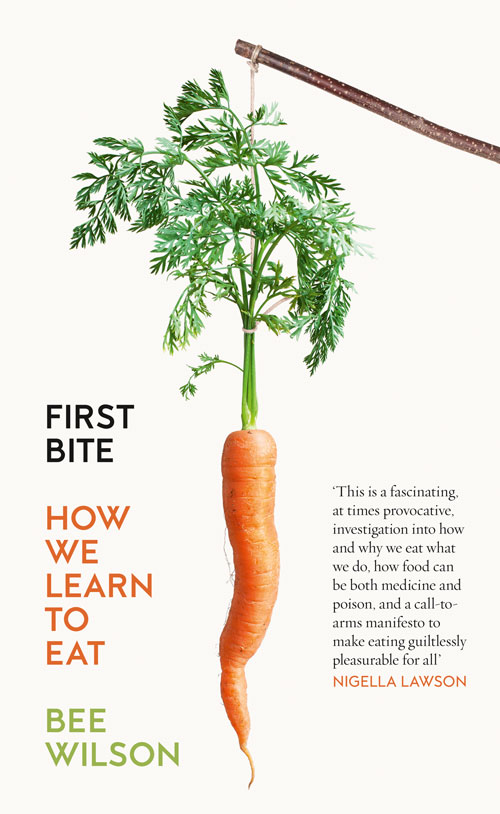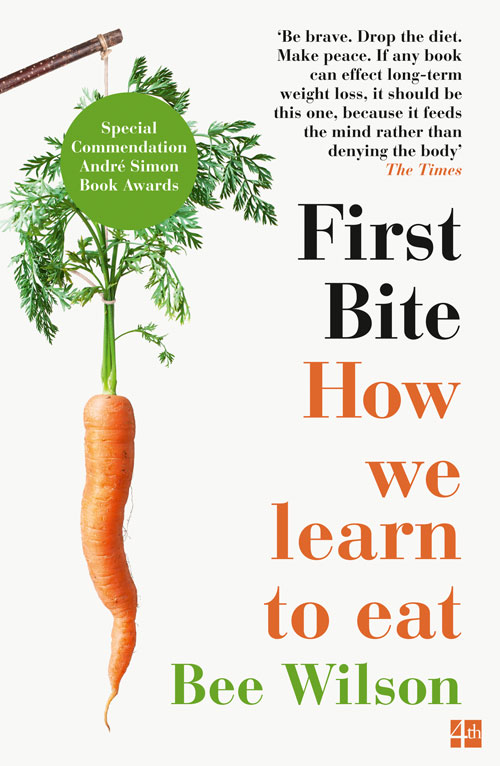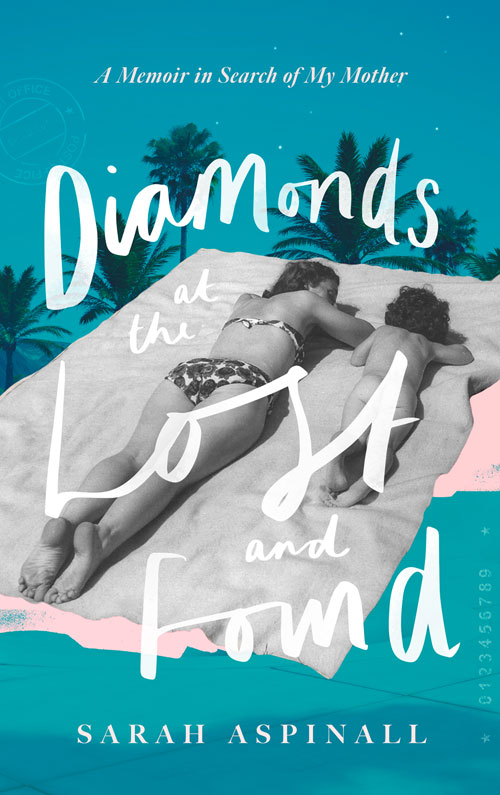It’s January and the gym is packed. You can almost taste the good intentions in the air. But there’s also a melancholy sense that it won’t be long before the new members quit Spin class and ditch the diet and the place gets back to normal.
At gyms, you can see how desperate people are for instant change. One morning, I saw a mother and her daughter – aged maybe eleven or twelve – weighing themselves before hitting the treadmills. An hour later, back in the changing room after a shower, I saw them weighing themselves for a second time, shaking their heads, sorrowfully. The numbers on the scales had not gone down. Fail.
When you embark on a new diet, you don’t want slow and steady losses. You want to transform like a superhero. The fact that you have been here so many times before only makes it feel more urgent. Maybe this will be the one: the diet you can finally stick to.
Our desire to change the way we eat can be so blinding it stops us from actually doing it. For many years, I was in this state myself. As a teenager and into my early twenties, my eating was chaotic and out of control. We talk in a sickly way of ‘indulgent’ foods, but when you are a compulsive eater, it does not feel like being pampered. Everywhere I went, food screamed at me. There were days and weeks I gave myself up to consuming guilty treats. And then there were the not-eating phases, when I taunted myself with short-lived diets that started with carrots and hope and ended, a few days later, in pastries and despair.
Thankfully, that phase of life now seems distant. Eating well – by which I don’t mean ‘clean eating’ or raw juice fasts but regular meals of real, flavoursome food – just isn’t that complicated for me any more. Now that I am through on the other side, I can see that over a period of months, if not years, I learned to master a series of skills that I’d once deemed impossible. I learned to eat a hearty meal when I was hungry; but also to stop when I was full. My cravings for pastries lessened and I discovered that green vegetables could actually be delicious. Food no longer screams but speaks to me. The strange thing is that, unlike the old self-punishing diets, this new healthier way of eating crept up on me unawares until I actually had a new relationship with food.
When I started work on my book First Bite, I wanted to find out how such a radical change in diet is possible. It isn’t a question of nutrition so much as psychology. How do we ditch the detox and find a way to want to eat what’s good for us? As a parent, I also wanted to find out what the latest science said about how you actually get a child to eat healthily, without becoming obsessive.
In the crazy dysfunctional food world we now inhabit, how does anyone find a balance?
The more research I did, the more struck I was by just how many ways there are for a human being to make themselves miserable about eating. Some people are obese, some are anorexic, and some – a huge and hidden problem – are so picky that they refuse invitations to eat with friends.
But I was encouraged to discover that there is actually immense potential for improving our eating habits. Contrary to what most of us think, our tastes are very malleable. You were not born loving cupcakes. It may take longer for some people to get there than others, but learning how to eat better – which is quite different from going on a diet – is within anyone’s grasp. The key is not to make yourself eat diet foods that you hate, but to slowly change your tastes until you enjoy different things.
If habits can be learned, they can also be relearned. It helps if we start to see eating as a series of skills to master, rather than a question of morals or willpower. As omnivores, we were not born knowing what to eat. If we want to relearn how to eat, we need to become like children again, exploring food with all our senses.
Changing the way you eat doesn’t happen on first bite. One of the reasons so many diets fail is that long-standing appetites do not take kindly to being ignored. It is unsettling at first to leave your habitual comfort foods uneaten or lengthen the gap between meals. But that doesn’t mean you can’t change your relationship with food, bit by bit. Given what a central part food plays in our lives, we all have to find a way to make our peace with it. It’s not about eating this or that superfood but developing preferences that are more open to variety and less governed by the simple sugar-salt-fat palate of junk food.
You know you have changed when you eat a platter of fresh and vibrant greens, not because you think you should or because it’s January or because you are feeling guilty but because it’s what you feel like eating at that exact moment. There is no fail. This is the kind of diet that you stick to without even thinking about it.





4thestatebooks